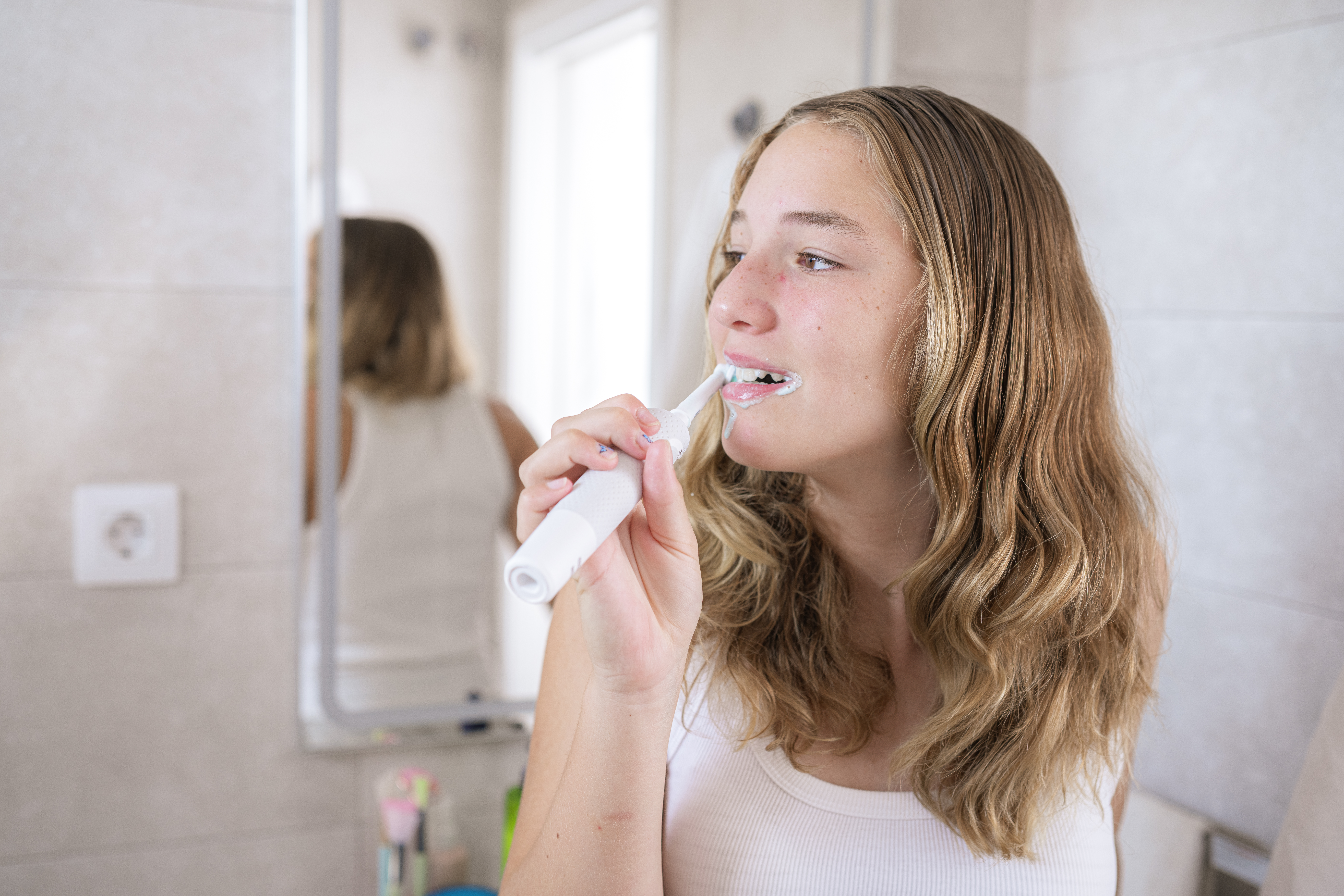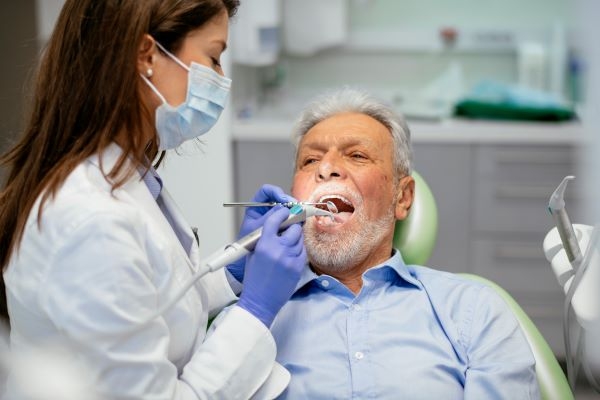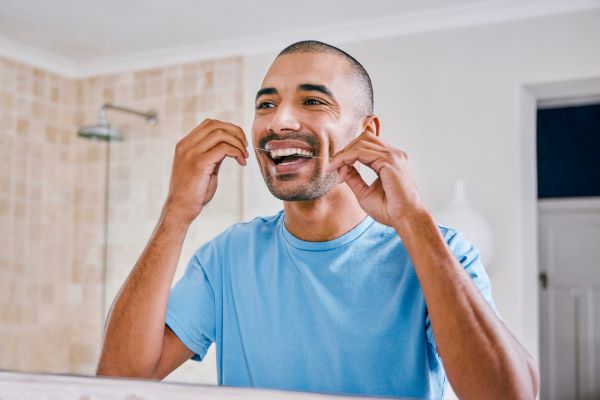-
While one of the best things about Australian summer is the long warm nights, one of the worst things is dealing with the mozzies. There are plenty of old wives’ tales and myths out there on why we get bitten, how to prevent bites and how to stop the itching, but are they actually true? Read on to find out.
Why do I get bitten?
Did you know only female mosquitoes bite? They need blood to get a protein hit for laying their eggs. And while there are many rumours about why some people get bitten more - from having ‘sweeter blood’ to having a certain blood type – scientists are still working out exactly how and why mozzies are attracted to us.
What they do know is that mozzies are attracted to the carbon dioxide animals and humans breathe out. Other studies have shown that mozzies may also be attracted to the bacteria and sweat on our skin – in particular lactic acid. So, avoid going for a hot and sweaty run near bodies of water at dawn and dusk!
There are also studies that suggest factors like pregnancy and drinking beer make you marginally more attractive to certain types of mosquitoes.
Why do my bites swell and get itchy but other people’s don’t?
The red bump and subsequent itching from a mosquito bite aren’t caused by the bite itself, but the immune system’s reaction to the mosquito’s saliva. Everyone’s immune response is different – some people will be covered in itchy red blotches, while others may not even notice they’re bitten. In fact, people who live in areas that are heavily infested with mosquitos can build up some tolerance over time.
How do I prevent mozzie bites?
From eating bananas, to consuming garlic and taking Vitamin B supplements, there are lots of home remedies to ward off mosquitos. But do any of them actually work? Unfortunately, none of these are proven.
The best way to protect yourself against mosquitos is to use a repellent that contains diethyltoluamide (DEET) or picaridin which is safe and effective when using according to the instructions on the label. Skin irritation can occur if applied too frequently. You’ll need to apply it to all skin that is exposed; a small dab here and there won’t protect you. Mosquitos will simply fly around that protected area and find unprotected skin to have a little snack.
There are a few other things you can do to help prevent mosquito bites:
- Wear long, loose clothing: Wear light-coloured, long sleeved shirts and pants when outdoors.
- Avoid being outdoors at dawn and dusk: Mosquitos are most active in the early mornings and evenings, so if you do need to be outdoors, be sure to cover up.
- Remove any pools of still water from around your home: Whether it’s an old pot that’s been filled with water from the rain or a bird bath, still water provides the perfect conditions for mosquitoes to breed in.
- Use insect repellents around the home: Mosquito coils, vaporisers and surface sprays can offer another barrier to mosquitos. While not as effective as using a personal repellent, they’re a great option for a little extra protection.
How can I stop the itch?
What’s your go-to remedy for stopping that itch? Do you make a cross with your fingernail? Or apply toothpaste? While none of these have been proven to work, if they work for you, keep it up!
A soothing cream, alongside anything cooling, like ice packs are good options to stop the itch. Taking oral antihistamines can also help if you’ve had a minor allergic reaction to a mozzie bite.
The one thing you don’t want to do is scratch your mozzie bites; no matter how itchy they may be. Scratching them only increases the inflammation around the bite, making you more itchy, and the skin can become compromised and infected.
Are mosquito bites dangerous?
While mosquito bites usually only cause mild discomfort, certain mosquitoes can carry life threatening diseases including Ross River virus, Dengue fever, Australian encephalitis and Barmah Forest virus disease. If you experience fever, severe headaches, vomiting or nausea, light sensitivity or confusion after being bitten, see your GP immediately.
In rare cases, mosquito bites can cause a severe allergic reaction, including hives, swelling and difficulty breathing. If this occurs don’t hesitate to call emergency services immediately.
Scratching the itch: How to deal with mozzie bites this summer


24/7 Medibank Nurse Support
Medibank health insurance members can speak to a registered nurse at no extra cost.1 Chat over the phone or online, any time of the day or night.
1 Some referred services may involve out of pocket costs and waiting periods may apply.
-
Do you need an electric toothbrush?
Which toothbrush scrubs up best?
-
Dietitian, nutritionist or naturopath: What’s the difference?
Who should you see for professional dietary advice?
-
5 ways to eat healthy while travelling
Come home feeling refreshed, fit and energised.
-
How often should you get your teeth cleaned?
We spoke to Medibank Members’ Choice Advantage dentist Dr Jonathan Cichero to find out.
-
Daily habits for good oral health
Do you really need to floss? Is an electric toothbrush better than a manual one? Find out which habits to make (and which ones to break) for better oral health.
-
How to conquer your fear of the dentist
Dr Merrilyn Hooley's tips for a less stressful dental appointment.





